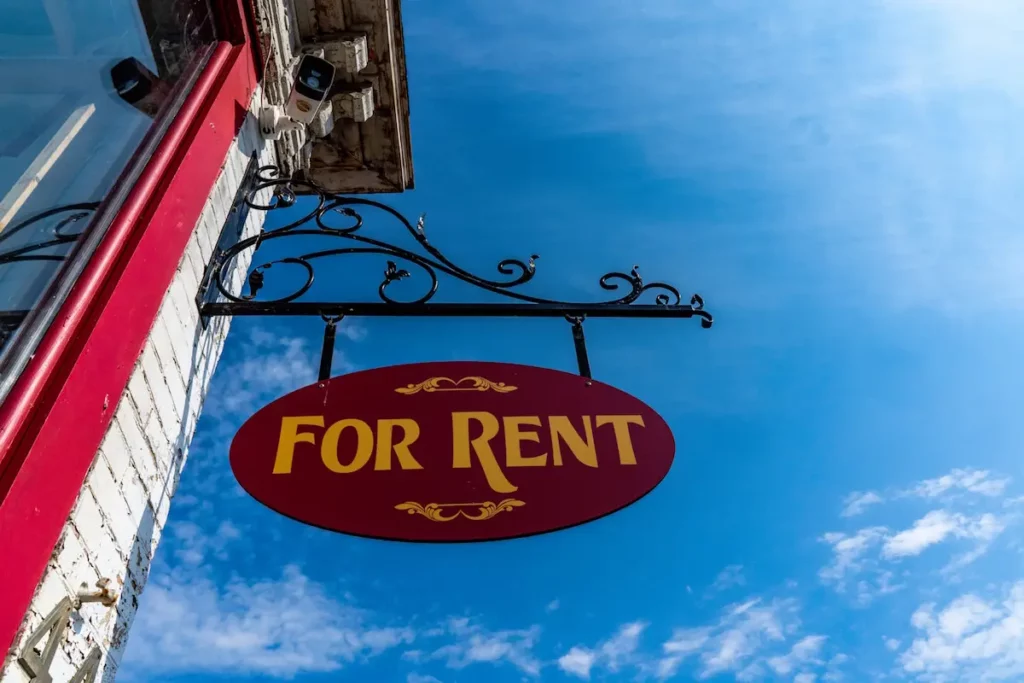The Mrs. Murphy exemption stipulates that owner-occupied homes with four or fewer units are exempt from the Fair Housing Act.
This exemption may offer house hackers a bit of leeway when looking for tenants.
This article elaborates on the details of the Mrs. Murphy exemption as it applies to house hackers throughout the country.
The Fair Housing Act
The Fair Housing Act of 1968 prohibits landowners from discriminating against rental applicants on the basis of race, color, religion, gender, national origin, familial status, or disability.
States also impose their own fair housing laws, which can mirror or elaborate on the federal statute.
Depending on the city where you own property, there may be additional protected classes at the state or local level. Examples include gender expression and criminal history.
When Does the Mrs. Murphy Exemption Apply?
The Mrs. Murphy Exemption applies to dwellings of four or fewer units with the owner living in one of the units.
For Whom Does the Mrs. Murphy Exemption Apply?
Although the name may suggest that the exemption pertains only to women, it applies to anyone who owns and lives in a qualified dwelling regardless of gender.
The exemption was named for a hypothetical scenario involving an elderly widow named “Mrs. Murphy,” who was renting out extra rooms in her home and wanted to accept or reject tenants on the basis of personal safety concerns.
However, under the exemption, a young man currently living in the property who only wants to rent out the extra rooms in his home to other young men around his age can typically reject older male or female applicants without violating fair housing laws.
Another example of the exemption applies to single men or women who would prefer to rent out their extra rooms or units to other single tenants. These owners can typically lawfully reject applicants with families or young children.
That said, real estate professionals who own multiple properties may face additional restrictions depending on the property location and particular circumstances.
Where Does the Mrs. Murphy Exemption Apply?
Since the Mrs. Murphy exemption applies at the federal level, it should theoretically apply to every city and state in the county.
However, many states impose their own fair housing laws which may or may not have similar exemptions.
While many state laws mirror the federal exemption exactly, others may impose strict limitations or conditions on the Mrs. Murphy exemption (if they recognize it at all).
Some states only recognize the exemption for single-family dwellings or homes with two rental units. Other states impose more stringent laws that vary depending on the protected class.
For example, California’s Mrs. Murphy exemption only applies to owners of single-family homes renting a room to no more than one tenant.
And those laws are always subject to change.
Before you close on your house hack, be sure to consult an attorney with experience with your local real estate and fair housing laws. You shouldn’t assume that the federal Fair Housing Act is the only thing you have to worry about when listing your unit for rent!
Restrictions on Advertising

Even if your property falls under the Mrs. Murphy exemption, advertisements for the property cannot be discriminatory.
Any public listings for the property cannot state the owner’s preference or discriminate against a protected class.
Simply put, you generally can’t post advertisements that violate fair housing laws.
Other Restrictions to the Mrs. Murphy Exemption
The Mrs. Murphy Exemption does not apply if a real estate agent is representing the owner.
According to the Department of Housing and Urban Development, the exemption also does not apply to discrimination on the basis of race (since the Civil Rights Act of 1866 prohibits discriminating based on race).
Using the Mrs. Murphy Exemption
The Mrs. Murphy exemption can be very useful for house hackers as it grants homeowners a say in who they choose as their tenants.
This is especially helpful if you are renting out extra bedrooms in a small single-family home, and you will be sharing the common areas with your renters.
Even if you’re renting out self-sufficient units, it is nice to know that you can choose who you will be sharing your home with, at least under federal Fair Housing law.
That said, if your goal is to run a profitable operating, discriminating against otherwise worthy applicants is not a very sound strategy. Though, with something as sensitive as sharing a unit, you can understand why it might make sense to allow for an exception to certain Fair Housing rules.
To ensure that you are up-to-date on Fair Housing Laws, the Mrs. Murphy exemption, and all other laws against house hacking, you should definitely consult with a local real estate or landlord-tenant attorney with expert knowledge on your county and city.
This website, and any communication stemming from it, should not be taken as financial or legal advice for your specific situation. Consult directly with a licensed financial professional should you need investment advice and consult directly with a licensed attorney directly should you need legal advice. Assume all links are affiliate links. I am an Amazon affiliate.


